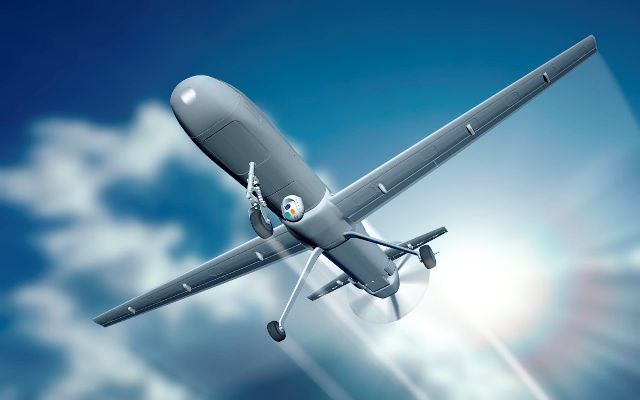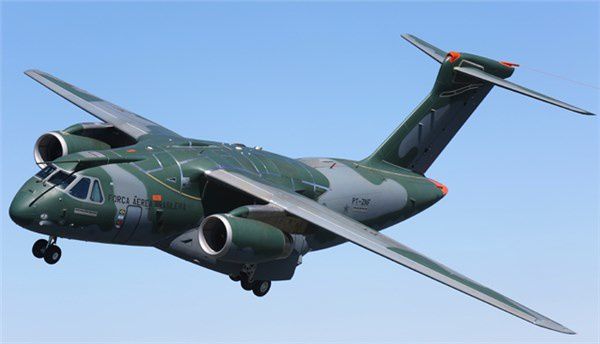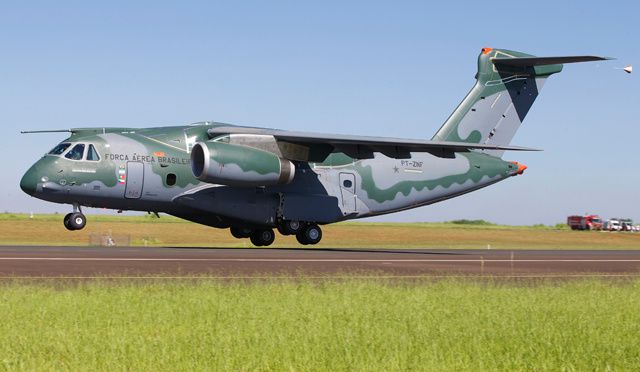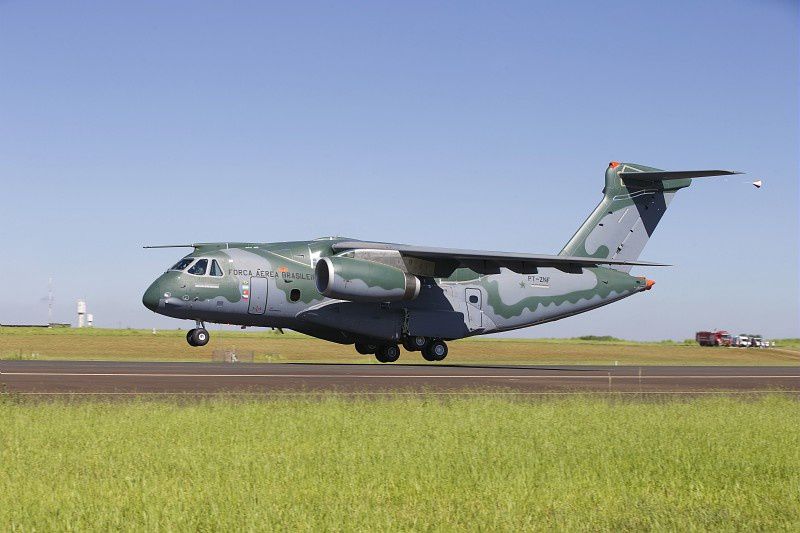A Mauritanian Super Tucano
29 November 2013 by Guy Martin – defenceWeb
The Nigerian Air Force is considering buying Super Tucano trainer and light attack aircraft from Brazilian manufacturer Embraer.
Nigerian Vice President Namadi Sambo expressed interest in purchasing the Super Tucano during a meeting with his Brazilian counterpart Michel Temer earlier this week.
Sambo and Temer held talks on bilateral relations between Nigeria and Brazil, and announced the creation of working groups on security and defence, amongst other areas, reports Xinhua. An agreement on intelligence sharing, particularly regarding drug-related crimes, will be signed soon. The two parties also discussed the possibility of repatriating 377 Nigerian prisoners in Brazil.
Brazil and Nigeria also discussed other possibilities for cooperation in fields such as trade, agriculture, mining, culture and energy. Trade between Nigeria and Brazil has grown from $1.6 billion in 2002 to $9.1 billion last year, Temer said.
Brazil and Nigeria have enjoyed warm defence relations – for example, in September 2012 the Brazilian Navy offshore patrol vessel (OPV) Amazonas (P120) visited Nigeria and conducted training with Nigerian personnel and vessels. Earlier this year Brazil’s new OPV Araguari (P122) visited Nigeria on its way home from the United Kingdom. Apart from Nigeria, it also visited Cape Verde, Cameroon, Sao Tome and Principe and Equatorial Guinea.
Nigeria has a strong requirement for an aircraft like the Super Tucano as it battles the domestic Boko Haram insurgency and also deploys combat aircraft to foreign countries on peacekeeping operations. The country is expected to vastly increase its defence spending over the coming years, and according to a recent Strategic Defence Intelligence report, the Nigerian defence market will go from $2.3 billion this year to $4.4 billion by 2018.
Piracy and oil smuggling in the Gulf of Guinea and a contribution to peacekeeping operations are expected to drive the country's military expenditure to register a growth rate of 13.62% over the next five years. The domestic Boko Haram insurgency is also expected to drive Nigeria’s security needs. The country’s growth in military expenditure will be assisted by the country's stable economic growth over the forecast period, which will a see rise in defence expenditure as a percentage of GDP from 0.8% in 2013 to 1.1% in 2018, according to the report.
“The growing threat from Boko Haram and other extremist groups in northeastern states, and drug trafficking are expected to drive the Nigerian government's investments in homeland security over the forecast period. Police modernization and homeland security infrastructure developments are expected to be primary areas for investment by the government,” the report noted.
Nigeria can be expected to buy military hardware such as naval helicopters, fighters, patrol vessels, and armoured personnel carriers over the next five years, mainly from foreign suppliers.
African Super Tucanos
Embraer has recorded a number of orders for its Super Tucano from African countries, which see it as a low cost light attack aircraft that can also be used as a trainer. On the continent, the Super Tucano has been ordered by Angola, Burkina Faso, Mauritania and Senegal. Embraer is highly optimistic about future orders for the type from Africa.
Angola officially received its first three of six Super Tucanos in July this year and is using them for border surveillance, attack and pilot training. Burkina Faso was the first African country to take delivery of a Super Tucano, receiving three aircraft in September 2011 for border patrol missions. In October last year Mauritania received their first aircraft, featuring sensor turrets for surveillance duties, although they will also be used for counter-insurgency missions.
In April Senegal bought three A-29 Super Tucanos as well as a training system for pilots and mechanics. It will use the aircraft for border surveillance and internal security duties.
Over a dozen global customers have purchased the A-29 Super Tucano. The fleet has surpassed 180 000 flight hours and 28 000 combat hours, according to Embraer.
The A-29 Super Tucano is capable of performing a broad range of missions that include light attack, aerial surveillance and interception, and counter-insurgency.
The Super Tucano is equipped with a variety of sensors and equipment, including an electo-optical/infrared system with laser designator, night vision goggles, secure communications and data-link package.
Armament comprises one .50-caliber machinegun in each wing. Five hardpoints can carry a maximum external load of 1 550 kilograms (3 420 lb). Weapons options include gun pods, bombs, rocket pods, and (on the two outboard stations) air-to-air missiles.





























